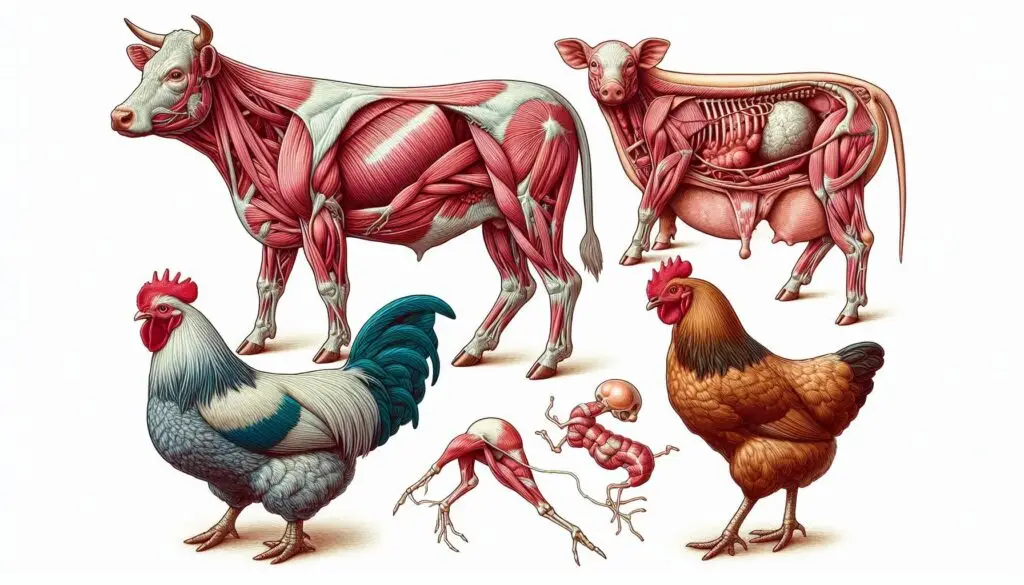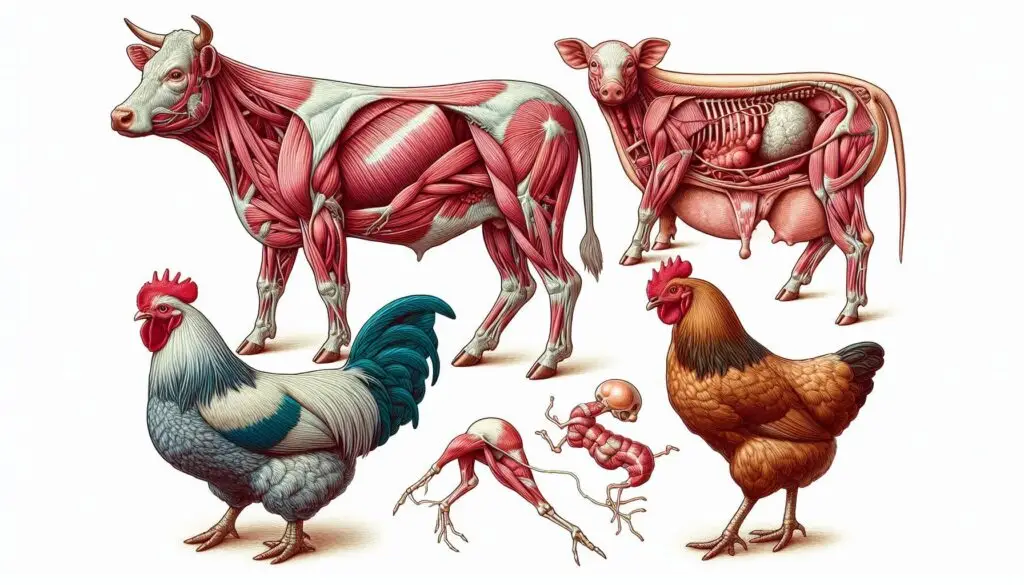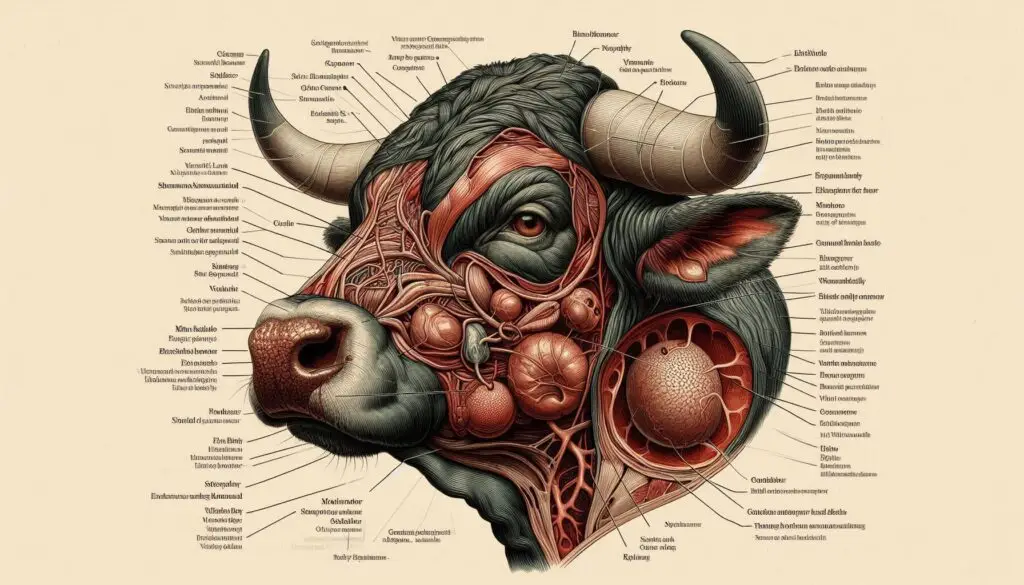Impact of Stress on Animals

Understanding Stress in Animals
Stress occurs when animals face challenges that disrupt their normal functioning. These challenges can be environmental, physical, or psychological. When animals experience stress, their bodies react with a series of physiological changes. These changes can lead to both short-term and long-term effects on their health and productivity. Impact of stress on animals is a significant factor to focus with the following illustrations:
Types of Stressors
Environmental Stressors
Environmental factors play a crucial role in animal well-being. Common environmental stressors include:
- Heat Stress: Livestock exposed to high temperatures often experience heat stress. This condition leads to decreased feed intake and lower milk production. According to the University of Florida, heat stress can also affect fertility rates in cows.
- Cold Stress: Just as heat can be harmful, extreme cold can also negatively impact animals. Cold stress can lead to increased energy expenditure as animals work harder to maintain body temperature.
- Transportation Stress: Moving animals from one location to another can be stressful. Poor handling during transportation raises cortisol levels, which may affect growth rates and overall health. The American Veterinary Medical Association provides guidelines for minimizing transportation stress.
Handling and Management Stressors
The way animals are handled significantly influences their stress levels. Negative handling techniques can lead to increased anxiety and fear. Conversely, positive handling improves animal welfare and productivity. Research from the Journal of Animal Science shows that gentle handling reduces stress responses.
Nutritional Stressors
Nutrition is vital for maintaining animal health. Inadequate nutrition or sudden dietary changes can cause stress responses. For instance, heat-stressed animals may alter their feeding behavior, leading to nutritional deficiencies.
Physiological Responses to Stress
When animals experience stress, their bodies undergo several physiological changes:
Hormonal Changes
Stress triggers the release of hormones like cortisol. Elevated cortisol levels disrupt metabolic processes and immune function. According to a study published in the Journal of Endocrinology, chronic stress leads to prolonged cortisol exposure, which can harm overall health.
Immune Suppression
Chronic stress weakens the immune system. Animals under constant stress are more susceptible to diseases such as mastitis in dairy cows. The National Mastitis Council highlights the importance of managing stress to reduce mastitis incidence.
Reproductive Issues
Stress affects reproductive hormones, leading to reduced fertility rates in various species. For example, heat stress in cows can cause irregular estrous cycles and lower conception rates.
Behavioral Changes Due to Stress
Animals under stress often exhibit behavioral changes that indicate discomfort or anxiety:
- Aggression: Stressed animals may become aggressive toward handlers or other animals.
- Withdrawal: Some animals may isolate themselves from the herd when stressed.
- Changes in Feeding Behavior: Stressed animals might eat less or refuse food altogether.
Recognizing these behaviors is crucial for effective management.
Economic Implications of Animal Stress
The economic impact of stress on animal production is significant:
Reduced Productivity
Stress leads to lower milk production, weight gain, and egg quality. For instance, heat-stressed dairy cows may produce up to 25% less milk than their cooler counterparts (Penn State Extension). Additionally, stressed chickens may lay fewer eggs with lower quality shells.
Increased Veterinary Costs
Higher incidences of disease due to stress result in increased healthcare costs for producers. Treating stressed animals often requires more veterinary visits and medications.
Quality of Animal Products
Stress affects the quality of meat and dairy products. Stressed animals produce meat that is less tender and flavorful. The Meat Science Journal discusses how animal welfare directly influences meat quality.
Strategies for Reducing Stress in Animals
Farmers and caretakers can implement several strategies to minimize stress:
Improved Housing Conditions
Providing adequate shelter from extreme weather conditions is essential for animal welfare. Proper ventilation helps reduce heat buildup in barns during hot months.
Gentle Handling Techniques
Training staff in positive handling techniques reduces fear and anxiety in animals. Using low-stress handling methods promotes better animal welfare (Low-Stress Stockmanship).
Nutritional Management
Maintaining a balanced diet helps prevent nutritional deficiencies that could lead to stress. Gradual dietary changes minimize disruptions that could trigger stress responses.
Regular Health Monitoring
Routine health checks allow for early detection of issues that could cause stress. Monitoring body condition scores helps ensure that animals remain healthy throughout their production cycles.
Conclusion
Understanding the impact of stress on animal health and productivity is vital for improving livestock management practices. By recognizing various types of stressors and implementing effective strategies to mitigate them, farmers can enhance both animal welfare and economic outcomes.
Investing time and resources into reducing animal stress not only benefits the animals but also leads to more sustainable agricultural practices. As we continue to learn about the complexities of animal welfare, it becomes increasingly clear that managing stress is essential for successful livestock production.
More from Veterinary Physiology:
https://wiseias.com/control-of-hormone-secretion-in-animals/
https://wiseias.com/hypothalamus-pituitary-axis-animals/
https://wiseias.com/neurotransmitters-neural-control-animals/
https://wiseias.com/environmental-physiological-stimuli-animals/




Responses